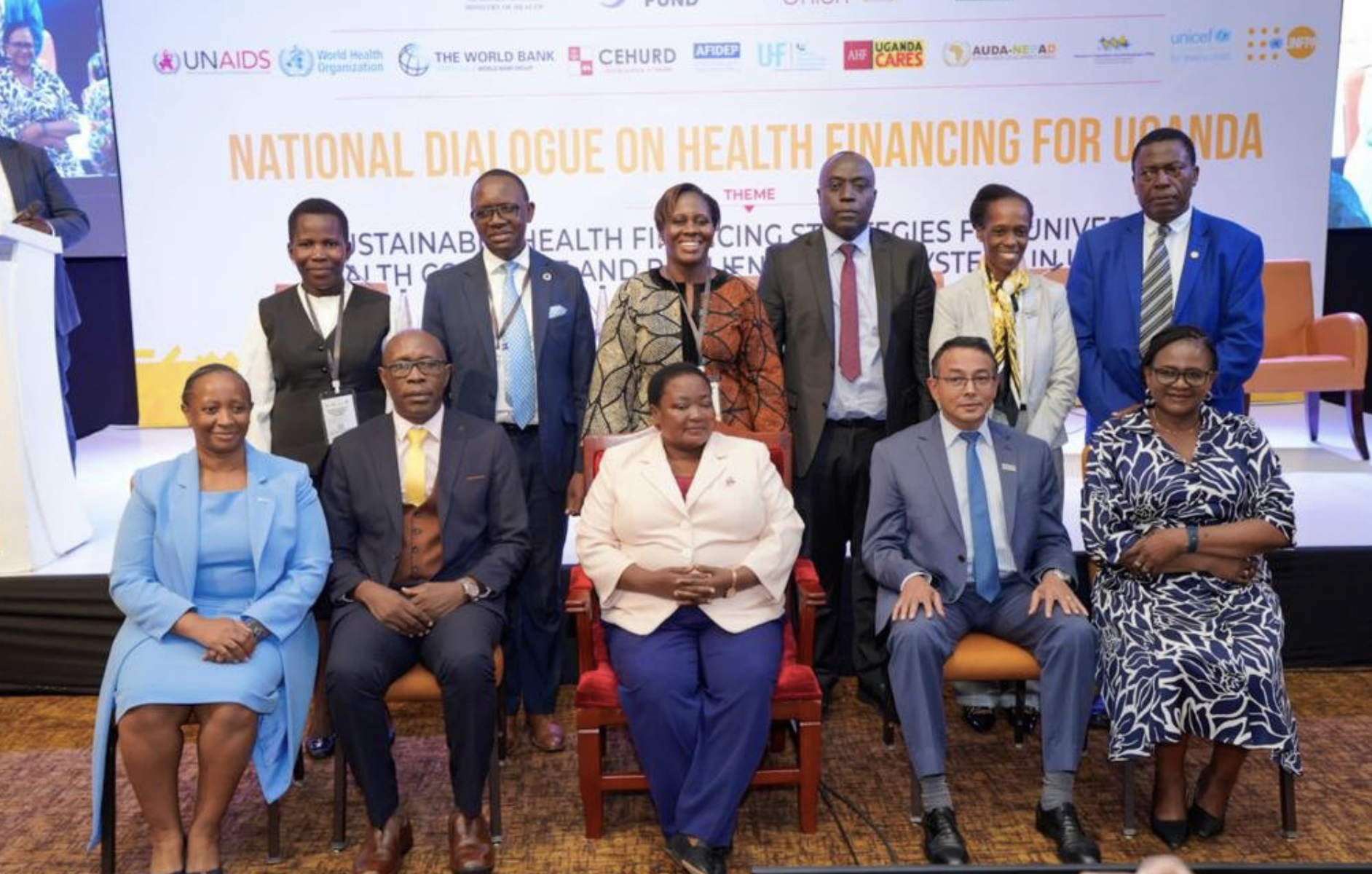Uganda’s government, facing reduced donor funding, convened a high-level dialogue to prioritize sustainable domestic health financing, emphasizing increased investment in primary care, efficiency, equity, and innovative funding mechanisms. The dialogue concluded with commitments to strengthen health system resilience and financial protection, urging bold, inclusive, and nationally led reforms to achieve universal health coverage and respond to the country’s evolving health needs.
As Uganda grapples with mounting challenges in financing its health sector amidst declining donor support, the government has reaffirmed its commitment to prioritizing health across all sectors. This commitment was underscored during a three-day high-level national dialogue on health financing held in Kampala, convened by the Ministry of Health, the East African Community (EAC), the World Health Organization (WHO), and various development partners. The dialogue, themed “Sustainable Health Financing Strategies for Universal Health Coverage and Resilient Health Systems in Uganda,” brought together over 300 participants, including government officials, parliamentarians, civil society actors, private sector representatives, development partners, and international experts. The forum provided a platform to assess Uganda’s current health financing landscape and chart a strategic path toward increased domestic resource mobilization, improved equity, efficiency, and sustainability.
Prime Minister Rt Hon Robinah Nabbanja emphasized that investing in health is not only a social imperative but also critical for economic development. “A healthy population is the backbone of national development,” she said. She highlighted government efforts to expand access across all levels of healthcare, including strengthening infrastructure and human resources, ensuring availability of essential medicines, and scaling health promotion and disease prevention programs such as immunization campaigns. Yet, despite these strides, Uganda’s current health expenditure averages about US $57 per capita, falling short of the WHO recommended US $86 needed to deliver essential health services. Out-of-pocket payments remain substantial at 28% of total health spending, while nearly half of the country’s health financing still depends on donor assistance. With donors projected to reduce external funding by 25% over the next five years, the urgency to identify sustainable, homegrown financing mechanisms is clear.
Dr Daniel Kyabayinze, Director of Public Health at Uganda’s Ministry of Health, acknowledged the rapidly shifting financing landscape and stressed the need for reforms that ensure dependable and sustainable health funding. Reinforcing this, WHO Country Representative Dr Kasonde Mwinga praised the government’s progress and called for strategic efforts to bolster domestic financing, particularly through heightened investment in primary health care and innovative financing solutions. She emphasized five key reform priorities for the government: making efficiency and accountability non-negotiable pillars of health financing; increasing the health budget allocation from the current 2% of GDP to 5%; prioritizing primary health care investment; leveraging non-traditional financing sources such as health taxes; and institutionalizing equity to protect the most vulnerable populations. Dr Mwinga further assured that WHO stands ready to provide technical assistance, global best practices, and foster regional collaboration to support these reforms.
At the closing of the dialogue, Gift Malunga, UNFPA Uganda Representative and Chair of the Health Development Partners Group, echoed calls to prioritize domestic financing in the wake of dwindling donor resources. UNICEF Uganda Representative Dr Nandy Robin reinforced the importance of investing in primary health care and community health workers to reduce inequalities and ensure no child is left behind. Both representatives underscored that domestic resource mobilization must match the urgency of the health challenges facing Uganda.
The dialogue emphasized that sustainable investments in health do more than save lives—they also boost productivity, improve educational outcomes, and drive broader economic growth through industrialization, tourism, and innovation. However, challenges remain, including low insurance coverage at less than 5%, inefficient allocation of resources, and fragmented health systems that hinder optimal service delivery.
In conclusion, the Government of Uganda launched a comprehensive country position paper and communique outlining commitments to increase domestic health financing, enhance efficiency and equity, improve financial protection, and strengthen governance and accountability. The overriding message from this three-day engagement is clear: health financing reforms must be bold, inclusive, and country-led. Uganda stands at a critical juncture, with the need to build a resilient financing system that sustains health gains, withstands external shocks, responds effectively to the population’s needs, and is firmly rooted in national ownership and leadership. The time to act is now.


